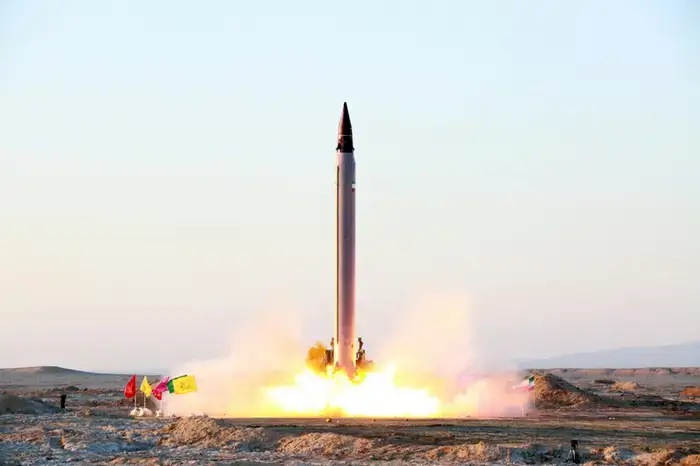The recent attack by Israel on Iran has significantly escalated tensions in the region, sparking concerns of an all-out war. This move was anticipated after Iran launched nearly 200 ballistic missiles on Israel almost a month ago. Israel’s military spokesman emphasized the country’s “right and duty” to respond, with its defensive and offensive capabilities fully mobilized. During the attack, the Israeli Prime Minister’s office released a picture of Benjamin Netanyahu in the operations center of the military headquarters, showcasing the country’s commitment to its response.
The US, a key ally of Israel, has described the strike as an “exercise of self-defense”. It further confirmed that they were informed of Israel’s plans beforehand but did not participate in the operation. This is significant in Washington’s efforts to prevent the conflict from escalating into an all-out war. The US is waiting to see if Israel’s targets are limited to military targets or include facilities linked to Iran’s nuclear program. It could trigger a response from Tehran.
Iranian state media has confirmed that explosions have rocked the west of Tehran. News sites close to Iran’s Revolutionary Guards are reporting that military bases in the west and southwest of the Iranian capital have been targeted. Additionally, the Syrian state news agency reports that Israeli air strikes have targeted military sites in central and southern areas of Syria. Iran’s response is still unclear. But the semi-official Tasnim news agency has said there’s no doubt Israel will face a “proportional reaction” from Iran.
This conflict is part of the ongoing Iran-Israel conflict, which has been ongoing since 1985. The conflict has involved various proxy groups, including Hezbollah and Hamas, and has seen multiple escalations over the years. The situation remains tense, with the international community watching closely to see how events unfold.










